The Independent Boarding School Application Timeline: A Month-by-Month Guide for Parents
As a curious student from a young age, my mom was always eager to find opportunities for me to be challenged academically. So when she told me there was a boarding school in New Hampshire, filled with other students who loved learning and never felt embarrassed about it, I became instantly set on applying.
By the 6th grade, dreams of leafy paths in autumn and intense Harkness dialogues filled my mind. By the 7th grade, I was studying nightly for the SSAT, combing through long lists of unfamiliar vocabulary. When it came time to finally apply to Exeter, I had been preparing my interview questions for months.

Although it’s not necessary to begin that early, I encourage parents to begin researching boarding schools at least a year in advance of the application. In general, applications are due in mid-January to early February and require transcripts, letters of recommendation, SSAT or ISEE test scores, and more.
Below is a month-by-month guide to help you stay informed about the sometimes convoluted process as you begin your own application journey. I’ve included examples from Phillips Exeter’s application timeline, but be sure to look into your specific target school’s admission website for more tips and information.
March–May: Self-Assessment and Research
Early spring is the perfect time to begin a broad search of schools so that you can finalize your child’s list by the summer. This period is about exploration, so don’t feel pressured to know the ‘dream’ school just yet.
Make a School List
Visit the admissions pages of various boarding schools and create a spreadsheet or checklist with 6-10 schools that align with your child's needs, interests, and personality. Consider these factors:
- Size of the student body and class sizes
- Academic philosophy (e.g., Harkness at Exeter)
- Location and proximity to family
- Diversity and inclusivity
- Support services (advising, college counseling, mental health)
- Acceptance rates (safeties, reach, extreme reach)
Exeter appealed to me because of its proximity to my family, the emphasis on global diversity, its academic philosophy, and its intimate class sizes. However, a different student might be more drawn to a school far away from family with lecture-style classes.
You’ll also want to include specific deadlines, tuition, financial aid policies, and key admissions requirements from each school. Typically, the exact requirements will vary slightly, especially with the number of required letters of rec.
June–August: Early Planning and Summer Visits
Early summer is the time to begin registering for applications, visits, and interviews.
Register for the Gateway to Prep Schools Portal
The Gateway to Prep Schools portal typically opens by July, and it features applications to many of the top U.S. boarding schools, including Exeter. This month is the earliest you can register for Part I: Candidate Profile on the portal, providing basic information for the admissions office to keep in contact with you throughout the process.
Schedule Summer Visits
Many boarding schools offer summer tours or information sessions. I was lucky enough to live close by to Phillips Exeter so that I was able to visit multiple times with my family over the summer. Seeing the campus in-person not only made it less intimidating, but it let me see whether or not I felt comfortable and inspired there.
If you can’t visit in person, it’s usually possible to attend Zoom sessions or webinars hosted by the school. For example, Exeter features different events like chats with their admissions officers, students, and faculty.
September: Essays, Interviews, Financial Aid, and Test Prep
Fall is typically the time when official admissions events begin, such as campus visit and official interviews. By this time, you want to have finalized your school list so that you can start working on specific application requirements with your child.
Begin Writing Student and Parent Essays
Exeter encourages students and parents to begin working on their admissions essays by September. Parents are also required to submit a statement alongside their child’s. These essays can change each year, but they’re found in Part II: Essays on the Gateway Portal site.
Register for Interviews
Many boarding schools require interviews with alumni or admissions officers so they can get to know students beyond their scores and qualifications. However, potential applicants are required to schedule interviews themselves in advance of the deadline. Exeter’s interview registration page can be found here.
Standardized Testing Begins
Boarding schools usually require standardized tests such as the SSAT (Secondary School Admission Test) or ISEE (Independent School Entrance Exam). Some schools may now be test-optional due to changing admissions policies. Still, it’s important to:
- Register for fall test dates (usually available from September to December)
- Begin consistent SSAT/ISEE prep with your child outside of their usual homework.
For the SSAT, competitive schools like Exeter prefer scores at least in the 94% percentile, or 90% at the bare minimum.
Financial Aid Forms
It’s never too early to begin filling in financial aid forms for your prospective schools. For Exeter, their financial aid forms are found on the Clarity platform. Many schools offer generous financial aid, even for families with higher income, so it’s recommended to consider submitting an aid application as well.
October–December: Letters of Recommendation, Transcripts, Visits
The second half of fall is the time to begin reaching out to teachers and school guidance counselors for official letters of recommendation and transcripts.
Request Letters of Rec
Write recommendation request emails to your child’s current teachers (usually both English and Math) and the school counselor. It’s polite to give them at least 4 weeks to draft and submit their letters. It’s important to provide them with a brag sheet, or a summary of your child’s accomplishments, to help them draft a tailored letter.
The brag sheet should be as detailed as possible, including your child’s main accomplishments, values, and personality traits that would make them a strong candidate.
Exeter requires four letters of rec–from a current principal or guidance counselor, current English and math teacher, a community impact recommendation from an adult, and an optional special interest recommendation from a mentor or coach.
Request Official Transcripts
Exeter also requires official transcripts from current and previous years to be submitted from the student’s school. You’ll want to reach out to your child’s guidance counselor and provide them with the proper forms or portal links to submit the transcript.
Visit Schools in Person (If Possible)
Since classes are in session in the fall, it is a prime time to visit and see campus life in action. Now is the time to make any final visits to potential boarding schools. Before visiting, make a list of different faculty, facilities, or programs you would like to see with your child. It’s possible to reach out to members on campus as well if your child has specific interests you would like to discuss with them, such as athletics, theater, or music.
January: Interviews and Final Submissions
Complete Interviews
Interviews can be held in-person or via Zoom, depending on your family’s location. For schools like Exeter or Andover, they are meant to be a way to assess candidates holistically. Students are encouraged to not be intimidated, but to share as much of themselves as they feel comfortable with. It’s a time to engage with alumni and faculty to show why they would be a good fit for the boarding school’s community.
The interview can be the scariest part of the process for prospective students. I remember anxiously awaiting my interview slot for weeks. But when I went in, my parents reminded me to just be myself and to let the interviewer see my genuine passion and interest in learning.
You can help your child to prepare for mock interview questions, like “Why this school?” or “What do you hope to gain from a boarding school experience?” It can help to have answers brainstormed beforehand so that your child doesn’t struggle when put on the spot.
Submit Applications
Around mid to late January is the time to submit! Some schools may also feature February deadlines. The main submission portals are either SAO or Gateway to Prep Schools.
For Exeter, application materials are due by January 15th and all financial aid materials are due by January 31st.
Make sure you have all components uploaded and submitted via the application portal, and send follow-up e-mails to any recommenders to remind them to send in their documents by the deadline. If possible, keep confirmation receipts for your records in case there are any issues.
February–March: Waiting for Admissions Decisions
The Waiting Begins
Many schools will follow up with requests for missing materials or to schedule additional interviews. Be sure to:
- Check spam folders regularly
- Follow up on any financial aid documentation requests
- Ensure your FAFSA or SSS forms (School and Student Services) are submitted on time
Decisions Arrive
Boarding schools typically release decisions in early to mid-March. Admissions decisions can include an acceptance, waitlist, or denial. If your child is accepted, congratulations! But if you receive a waitlist decision, there is still a chance for admittance.
In the event of a waitlist, It’s important to follow-up with admissions officers and to express your family’s continued interest in the school. This helps to let them know that should the waitlist status change, your child will still be committed to attending.
Visit Admitted Student Days
If accepted, take advantage of admitted student days to help your family make a final decision about whether to enroll. These days are usually structured around student panels, classes, and even overnight stays with current students in their dormitories. They can be a wonderful time to chat with students and faculty about what they love most about their boarding school community and overall experience.
Make Your Decision!
Reply by the enrollment deadline, usually in late March or early April. Submit your deposit and begin enrollment paperwork. The application process is finally complete, and you can begin preparing your child for the next big chapter in their academic journey.
Final Thoughts from an Exeter Alum
Having made it through the boarding school application process myself, I know how much planning and preparation it takes to successfully apply. While it can seem like there are many moving parts, with a bit of research, the application will become less daunting!
Crimson Rise offers guidance on how to not only navigate, but fully prepare your child so they have the best chance at attending their dream boarding school.
For an example of Crimson’s strategy, check out this past webinar with Crimson Rise Director of Product Cassidy Goldblatt.
Or, if you’d like to discuss application requirements with a strategist, you can find out more about the Crimson Boarding & Day School program here.
FAQs:
1. When to apply to boarding schools?
January 15th is the most common deadline for top boarding schools, but the window for applying is typically January to October. Families should ideally begin preparing the spring before the application year.
2. How long does it take for a private school to accept you?
Boarding schools usually send out decisions by March or April or about 6 weeks after the common January deadline. For boarding schools with rolling admissions, it can be even faster, around 2-3 weeks.
3. How early can you send a child to boarding school?
In the U.S., most traditional boarding schools begin in grade 9, or ages 14-15. However, junior schools also accept students in grade 5, or ages 10-11.
4. How hard is it to get into boarding school?
For top boarding schools like Exeter, Andover, and Choate, admissions is incredibly competitive, with acceptance rates hovering around 10-20%. These rates are equivalent to elite colleges.
Less selective boarding schools can have acceptance rates of 40-70% and more flexibility in admissions criteria.
Last Articles
What happens in a consultation?
- Learn what the application process might require for your child to reach their dream independent school.
- Review customized service package and pricing options based on your specific needs.
- Understand the typical time commitment required from your child for activities like extracurriculars to strengthen their application profile over time.
- Assess your child's current application strengths and areas that may need further development.

%20(26).png)


%20(45).png)
%20(42).png)
%20(39).png)






















%20(21).webp)



